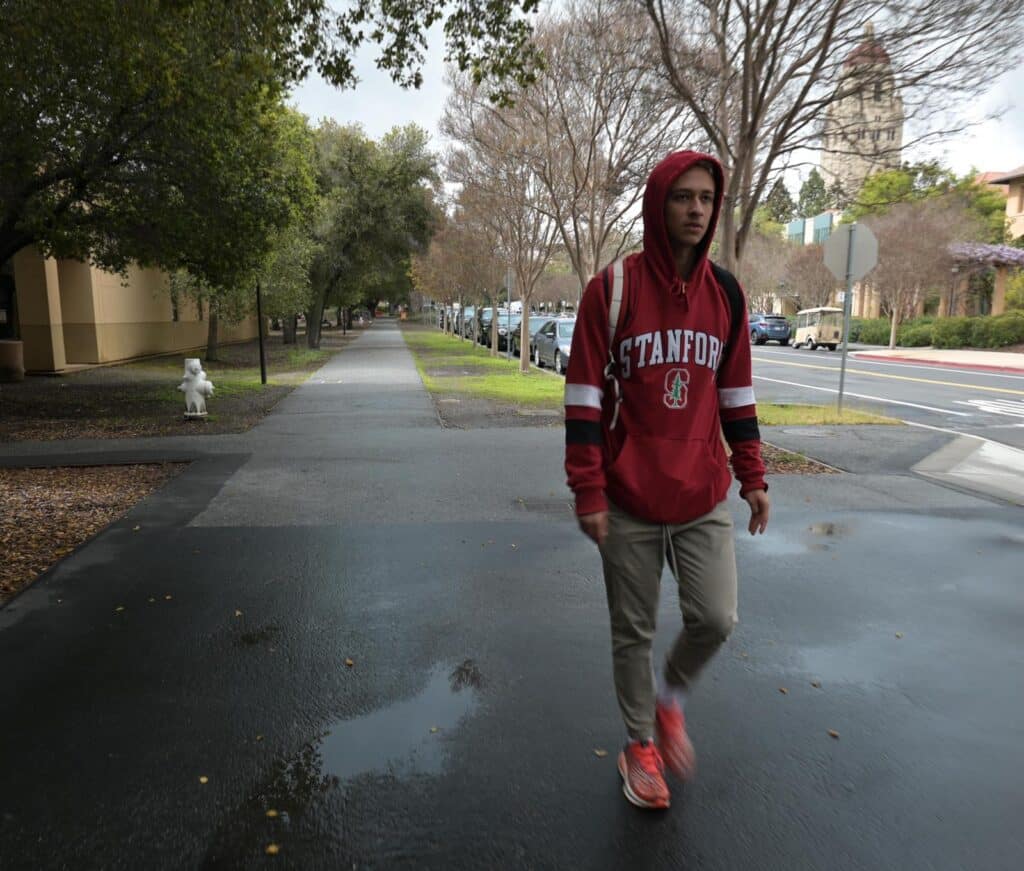
By Mateo Diaz-Magaloni and Ben Fry
Although masks have come off, mandates have been lifted, and lives are beginning to return to normal, there are still lingering fears and myths about COVID-19. One of the most widespread myths is about the COVID-19 vaccine. Mateo Diaz-Magaloni and Ben Fry with Pen sula 360 Press interviewed several teens and young adults in the Bay Area to see how these myths have affected young people's perception of the vaccine and rumors about its effects.
During the first distribution of the COVID-19 vaccine, logging into various social media sites proved helpful in finding information about the vaccine. Various
